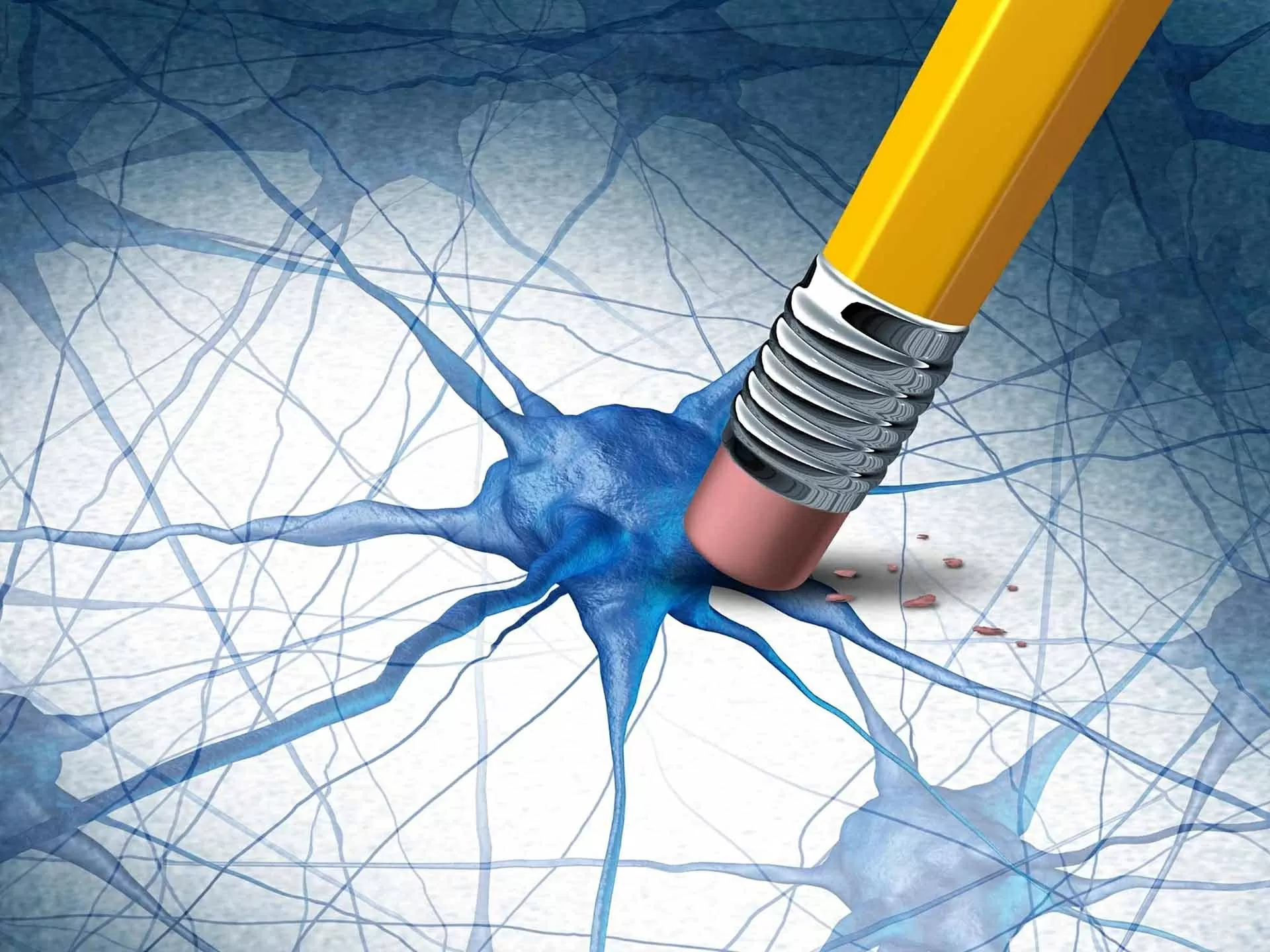 |
| Researchers have discovered two natural compounds that can rejuvenate brain cells, restore energy and remove proteins linked to Alzheimer's. (Source: iStock) |
Scientists at the University of California, Irvine (USA) have just announced an important discovery in the GeroScience Journal. Accordingly, two natural compounds nicotinamide (a form of vitamin B3) and epigallocatechin gallate (EGCG, an antioxidant in green tea) have the ability to restore brain cell energy and eliminate amyloid protein - a factor associated with Alzheimer's disease.
This method does not use drugs but directly affects the recovery of guanosine triphosphate (GTP) - a key molecule in the production of nerve cell energy. According to the research team, as people age, energy levels in nerve cells decrease, making the brain less able to "clean up" abnormal proteins and damaged components. Professor Gregory Brewer, the lead author of the study, emphasized that restoring energy helps nerve cells regain this important removal function.
In experiments, scientists used the GEVAL fluorescent sensor to monitor GTP levels in Alzheimer’s model mouse neurons. The results showed that free GTP levels decrease with age, especially in mitochondria – the cell’s energy center. This leads to a decline in autophagy, which is the mechanism that removes damaged components.
Remarkably, after just 24 hours of treatment with nicotinamide and EGCG, GTP levels were restored to a state normally seen in younger neurons. This restoration resulted in multiple benefits such as improved energy metabolism, activation of important GTPase proteins in intracellular transport (Rab7 and Arl8b), reduced oxidative stress, a cause of neurodegeneration, and, most notably, increased efficiency in removing amyloid beta protein clusters.
Professor Brewer said the study showed that GTP is a previously underappreciated energy source that plays an essential role in brain function. “By supplementing naturally occurring compounds in dietary supplements, we could open up a new avenue for treating age-related cognitive decline and Alzheimer’s disease,” he said.
However, Professor Brewer said more research is needed to determine the most effective way to apply it, as a recent clinical trial with oral nicotinamide showed limited results due to the active ingredient being inactivated in the blood. This raises the need to find more effective ways to prepare and deliver the compound before it can be widely applied to humans.
This discovery also opens up new prospects in the fight against Alzheimer's - a common neurodegenerative disease and the main cause of dementia in the elderly.
Source: https://baoquocte.vn/hai-hop-chat-tu-nhien-mo-huong-moi-dieu-tri-alzheimer-325071.html
















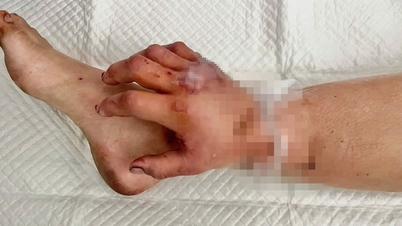

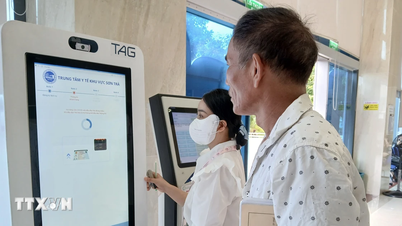



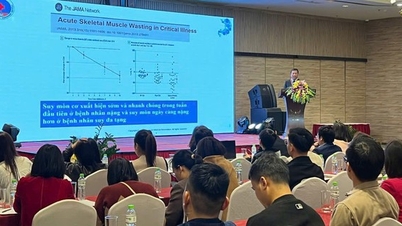
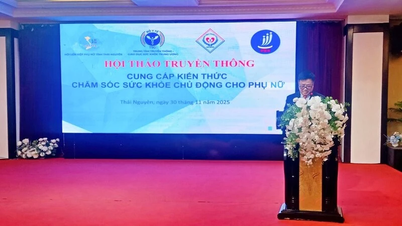











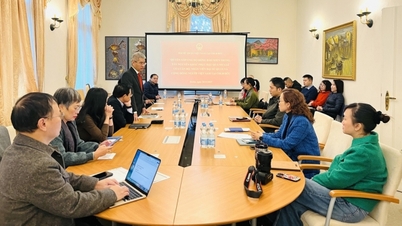











































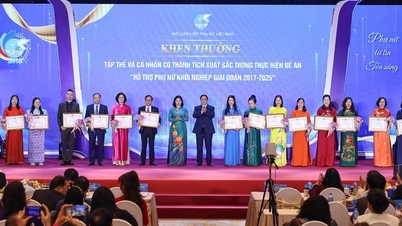




























Comment (0)